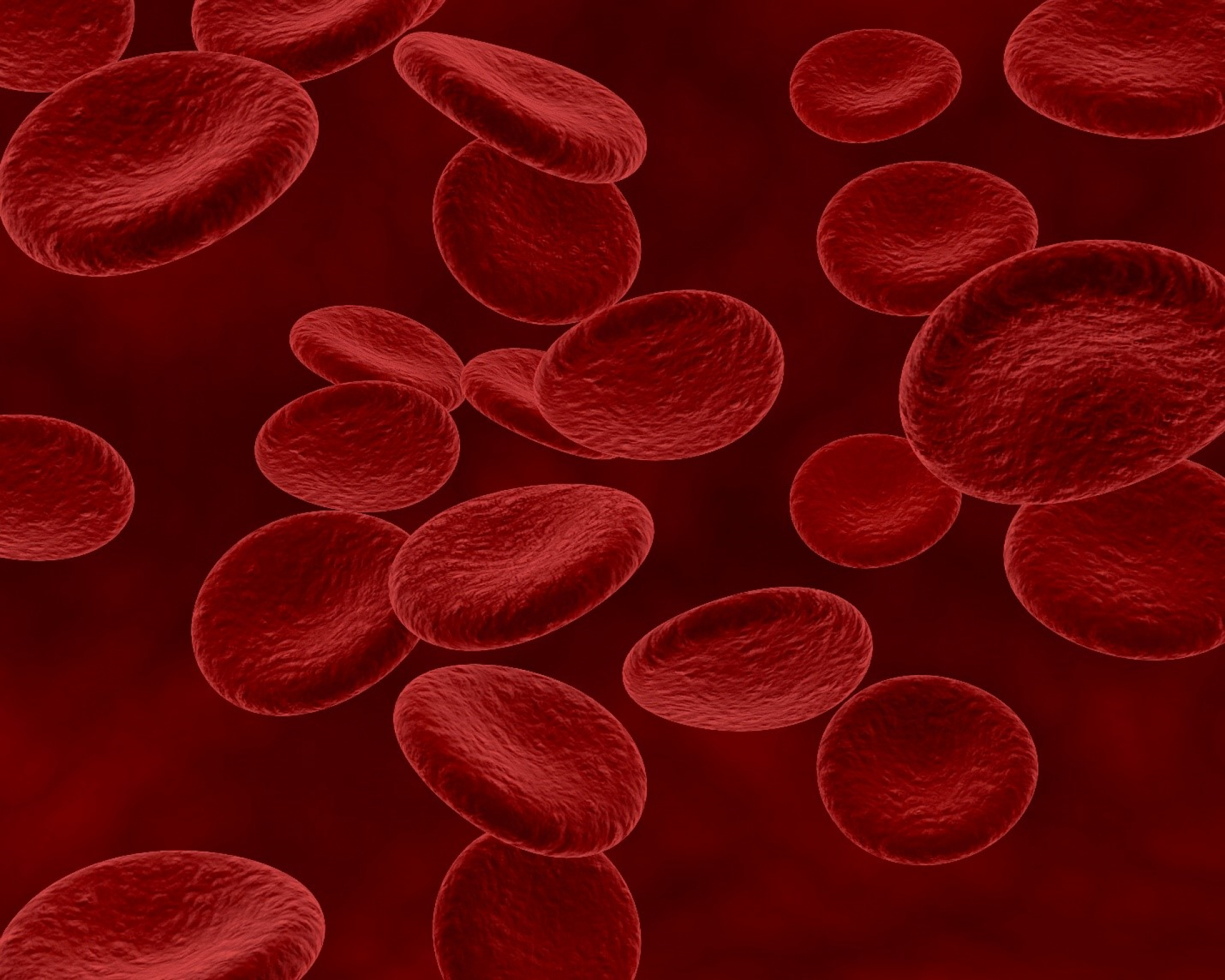What is hemoglobin?
Hemoglobin is an iron-rich protein in the red blood cells (RBCs) that carries oxygen from the lungs to all the body parts and helps to maintain the oxygen levels in the blood. The characteristic red color in blood is due to the presence of hemoglobin. Maintaining the hemoglobin levels is important for overall body health.
hemoglobin
What is a hemoglobin test?
The hemoglobin test is used to measure the level of hemoglobin in the blood. Hemoglobin is a protein in the RBC that carries oxygen to body organs and transports carbon dioxide from organs and tissues back to the lungs. Abnormal levels of hemoglobin may be caused due to conditions such as anemia and polycythemia (a rare blood disorder that causes the bone marrow to make too many red blood cells).
The healthcare provider will take a small quantity of blood through a needle from the vein in the arm. The collected sample is placed in a test tube or vial. For infants heal prick is suggested. The collected sample is sent to the laboratory where the concentration of hemoglobin is analyzed. Results are indicated in grams per deciliter (g/dL). Fasting is not required if you are only being evaluated for a hemoglobin test.
Signs and symptoms of blood disorders
Symptoms of blood disorders include
- Weakness
- Fatigue
- Dizziness
- Palpitations
- Headache
- Shortness of breath
- Blurred vision
- Blood clots
Importance of hemoglobin test
Hemoglobin test is also known as the Hb test or Hgb test. It is usually recommended by the healthcare provider to
- Identify anemia, a disease with low hemoglobin levels that can cause weakness, exhaustion, and other health issues.
- Monitor the overall health and screen for disorders such as anemia.
- Diagnose conditions such anemia or polycythemia vera.
- Monitor the effectiveness of treatment for conditions such as anemia or polycythemia vera, which affect hemoglobin levels.
- Assess the oxygen-carrying capacity of blood, which is essential for body function.
Interpretation of hemoglobin test
Hemoglobin reference range for adults
|
Name of the test |
Reference range (g/dL) |
|
|
Hemoglobin blood test |
Female |
Male |
|
12-16 g/dL |
14-18 g/dL |
|
Hemoglobin reference range for newborns and infants
|
Name of the test |
Reference range (g/dL) |
|
|
Hemoglobin blood test |
Newborn (birth to 2 months) |
Infant (2 months to 1 year) |
|
14-24 g/dL |
9.5-13 g/dL |
|
Low levels hemoglobin
Low levels of hemoglobin are an indication that the body does not produce enough red blood cells. It may also indicate hemolytic anemia, a condition in which red blood cells are being destroyed more quickly than they are being produced. Additionally, low hemoglobin levels can be caused by
- Iron deficiency
- Vitamin B12 deficiency
- Folate deficiency
- Thalassemia
- Nutrient deficiency
- Kidney disease
- Liver disease
- Sickle cell anemia
- Autoimmune diseases
- Blood loss
- Hypothyroidism
High levels of hemoglobin
Excessive hemoglobin levels can result in the thickening of blood, leading to a reduced oxygen delivery to organs as the circulation slows down. High hemoglobin levels may be a sign of:
- Polycythemia vera
- Congenital heart defects
- Chronic Obstructive Pulmonary Disease (COPD)
- Dehydration
- Vomiting
Management of hemoglobin levels
Hemoglobin levels can be maintained by consuming a healthy and balanced diet regularly. Iron, folate, and vitamin C supplements can help to maintain the hemoglobin levels.
- Iron sources: Low levels of hemoglobin can be balanced by eating iron-rich foods such as meat, fish, poultry, beans, legumes, dates, leafy green vegetables, and iron supplements.
- Folate sources: The body uses folate to produce heme- a component in hemoglobin that carries oxygen. Folate can be found in fruits, whole grains, spinach, peanuts, and sunflower seeds.
- Vitamins: Vitamin C and vitamin B help to boost iron absorption, foods rich in vitamins are fruits, fish, dark leafy vegetables, bell peppers, etc.
A hemoglobin test is conducted to determine the concentration of hemoglobin in the blood. Hemoglobin, a protein located in red blood cells, is responsible for carrying oxygen to the body's organs and facilitating the transportation of carbon dioxide from tissues and organs to the lungs. It is important to maintain normal hemoglobin levels to ensure good overall health.


